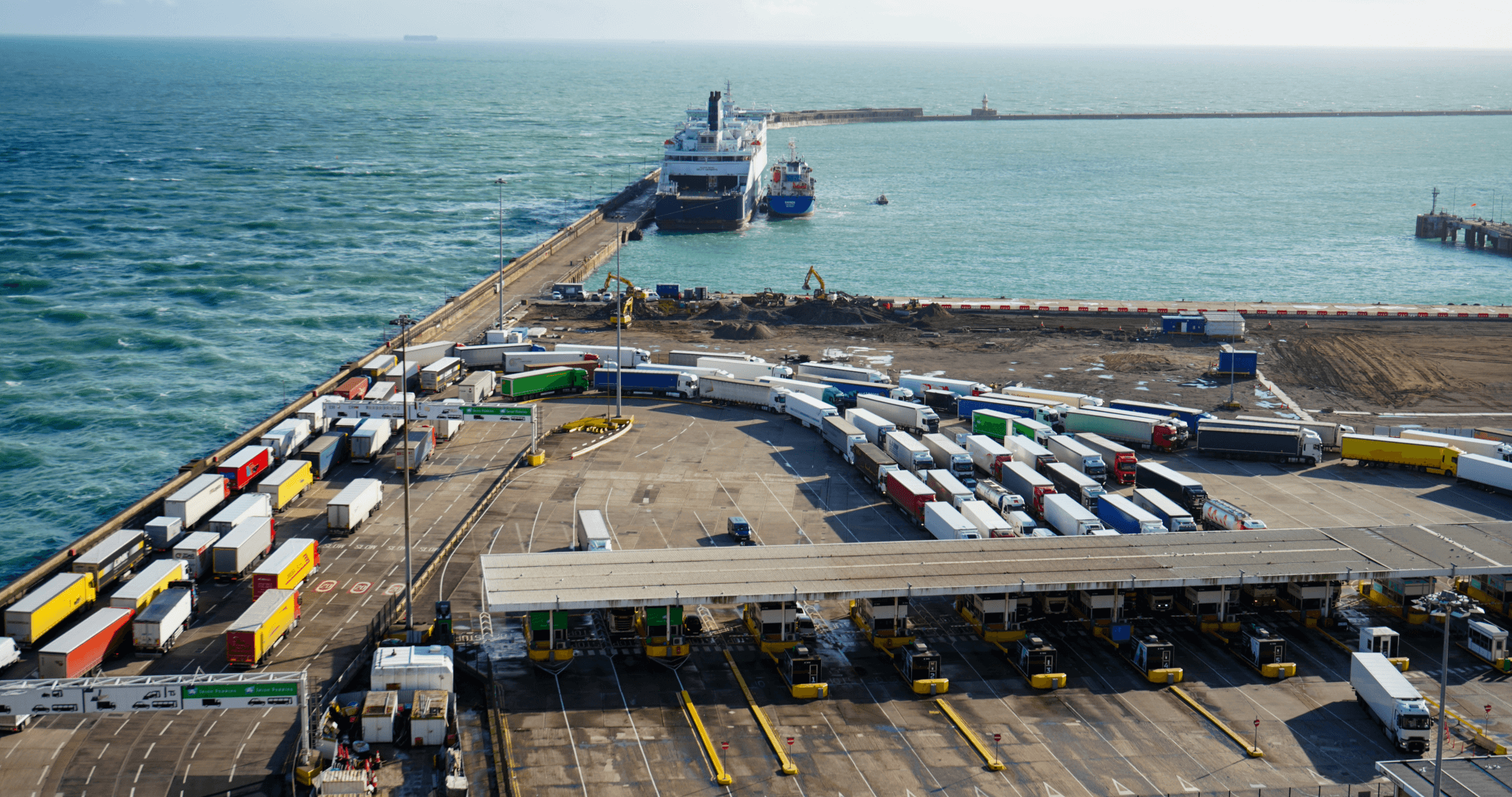The Impact of New Import Common User Charge
Posted by Emma on 4th Apr 2024 Reading Time:
As the UK adjusts to its post-Brexit reality, the government's introduction of common user charges (CUC) for importing food from the EU has sparked widespread concern across the food industry. From 30 April, businesses importing products such as fish, salami, sausage, cheese, and yoghurt will face fees of up to £145 per consignment, as announced by the Department for Environment, Food and Rural Affairs (DEFRA). These charges are intended to fund "world-class border facilities". They are applied to various goods based on risk level, affecting small and medium-sized enterprises (SMEs) and the wider supply chain.

Industry voices, including the Cold Chain Federation and the Fresh Produce Consortium (FPC), have expressed fears that these charges will lead to increased food prices, reduced consumer choice, and potential supply disruptions. The FPC has highlighted that the new fees could add £200 million in extra costs to the industry, labeling the CUC system as particularly harmful to SMEs, who are now grappling with an uncertain future. With the government planning to conduct physical checks and inspections funded by these fees, businesses are concerned about the practical and financial implications of compliance.
Critics argue that the policy was announced with little notice, giving companies scant time to adjust their business models. This sentiment is echoed across various sectors, with the Horticultural Trades Association (HTA) criticizing the policy's development and its potential to "undoubtedly increase costs, potentially reduce consumer choice, and increase the likelihood of empty shelves."
In response to these challenges, the government has delayed the implementation of these changes multiple times, demonstrating its commitment to minimizing disruption and allowing businesses ample time to prepare. The introduction of a flat-rate charge, according to the government, was consulted with the industry and is aimed at recovering the costs associated with operating border facilities where essential biosecurity checks will be conducted, showing their dedication to maintaining trade fluidity while ensuring biosecurity.

The Labour Party has voiced concerns over the impact of these charges on British shoppers and businesses, proposing negotiations for a veterinary agreement with the EU to reduce the need for checks and associated costs.
As the UK navigates this new terrain, the debate continues over the best way to balance biosecurity, trade fluidity, and the economic impact on businesses and consumers alike. The government asserts its commitment to supporting businesses through these changes, while industry leaders call for more manageable and cost-effective solutions.
Your thoughts are valuable to us! Share your opinions and insights on how Brexit's import charges are affecting the food industry and what solutions you foresee in the comments below.

